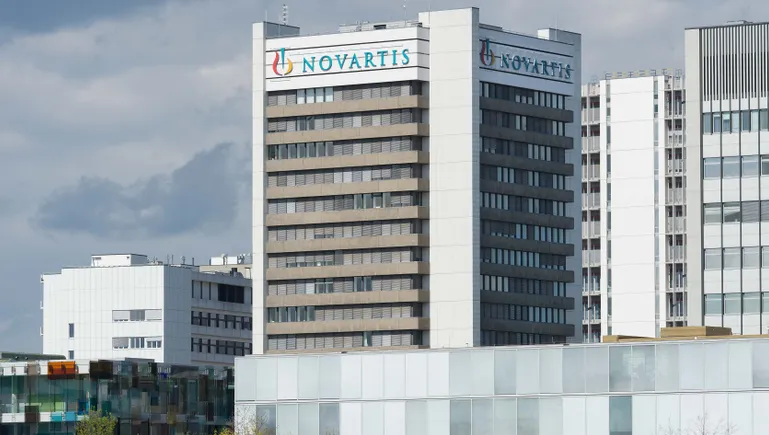Vesalius Therapeutics, a buzzy, Flagship-backed startup, cuts jobs six months after public launch


Vesalius Therapeutics, a high-profile biotechnology startup backed by Flagship Pioneering, laid off more than 40% of its staff last week as part of a restructuring that comes just six months after its public debut.
The Cambridge, Mass. company launched in March with $75 million from Flagship and a blue-sky goal to “revolutionize the treatment of diseases that drive 90% of human illness.” While it did not disclose specific disease targets, it offered diabetes and Alzheimer’s as examples of the types of diseases it hopes to treat.
“To best achieve its goals, the company has made the decision to refine its strategy and streamline its organization around its most immediate priorities, which has resulted in a reduction in its employee base,” said Olivia Offner, director of media relations for Flagship, in an email to BioPharma Dive.
Vesalius hired new employees as recently as this summer, according to LinkedIn posts, and currently has job openings for directors of computational biology and statistical genetics. It employed 67 workers prior to the layoffs, which affected 29 individuals, Offner said.
The company was co-founded in 2019 by Christopher Austin, who previously was the director of the National Institutes of Health’s National Center for Advancing Translational Sciences, and Doug Cole, a managing partner at Flagship. Austin left the NIH to become Vesalius’ CEO.
The funding from Flagship was meant to bankroll rapid growth. In its March launch statement, the company indicated plans to hire more than 200 employees over two years.
Offner did not comment on the company’s finances, and no details are available on the company’s website about the specifics of its drug development plans.
Its drug discovery platform is designed to tailor treatments for common diagnoses that are in fact “genetically and biologically distinct diseases,” rather than taking a one-size-fits-all approach, according to the company’s March statement.
“We’re at a time now in the history of development of science and medicine that we can address the complexity, the heterogeneity of common diseases, using a combination of data and experimental approaches which simply were never possible even five or 10 years ago,” Austin said in a YouTube video then.
Biotech layoffs became increasingly common during the first half of 2022 as the sector experienced a sharp market downturn. Through June, 54 biotech companies had cut jobs, according to data from the Biotechnology Innovation Organization.
More have followed since, including some other Flagship-created companies. Rubius Therapeutics, which went public in 2018, cut 75% of its staff last week, while Codiak BioSciences trimmed its workforce by a third in late August.
This post has been syndicated from a third-party source. View the original article here.




